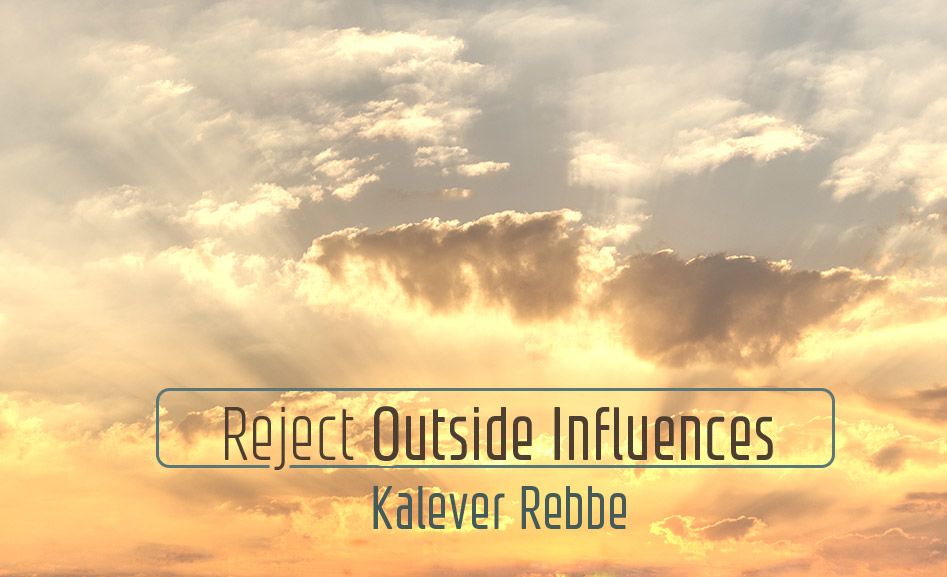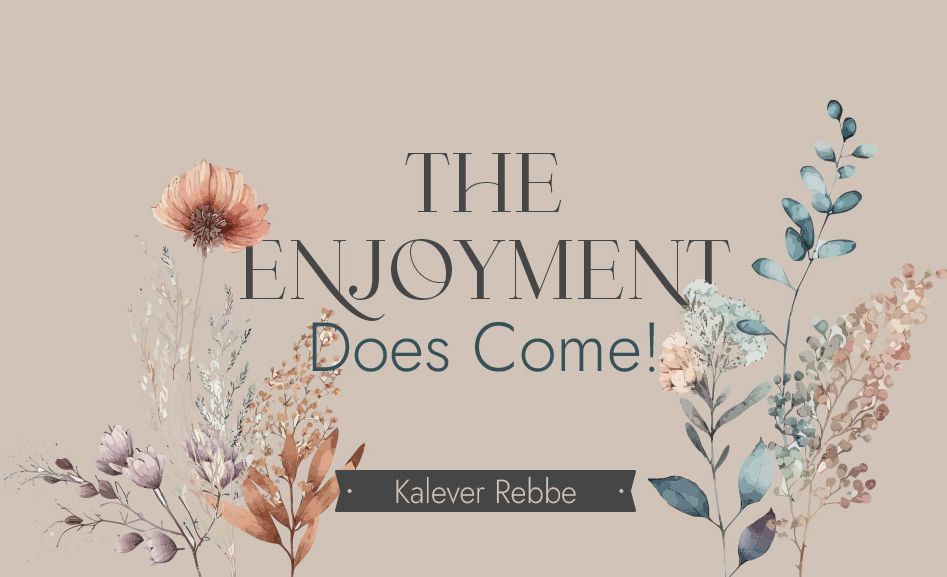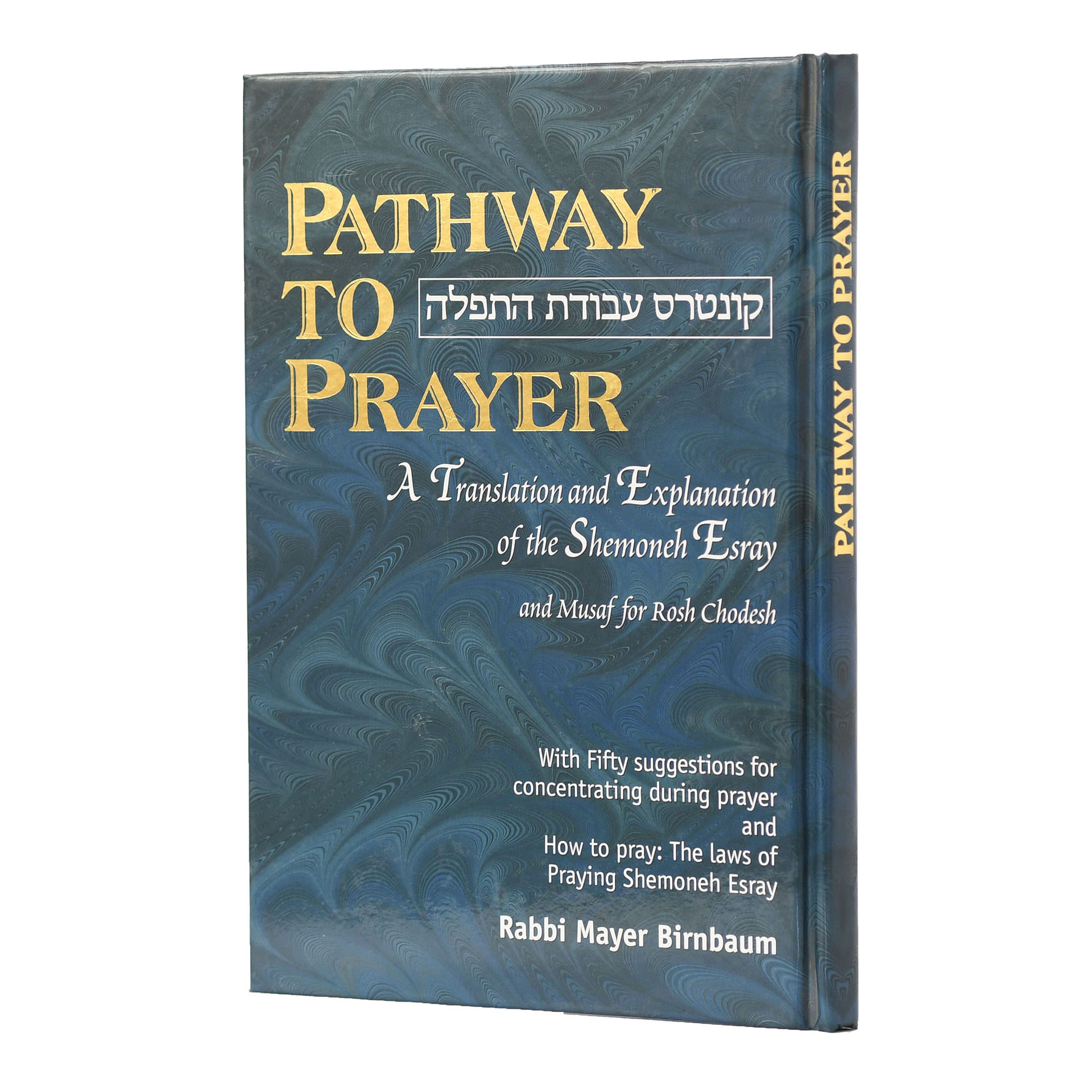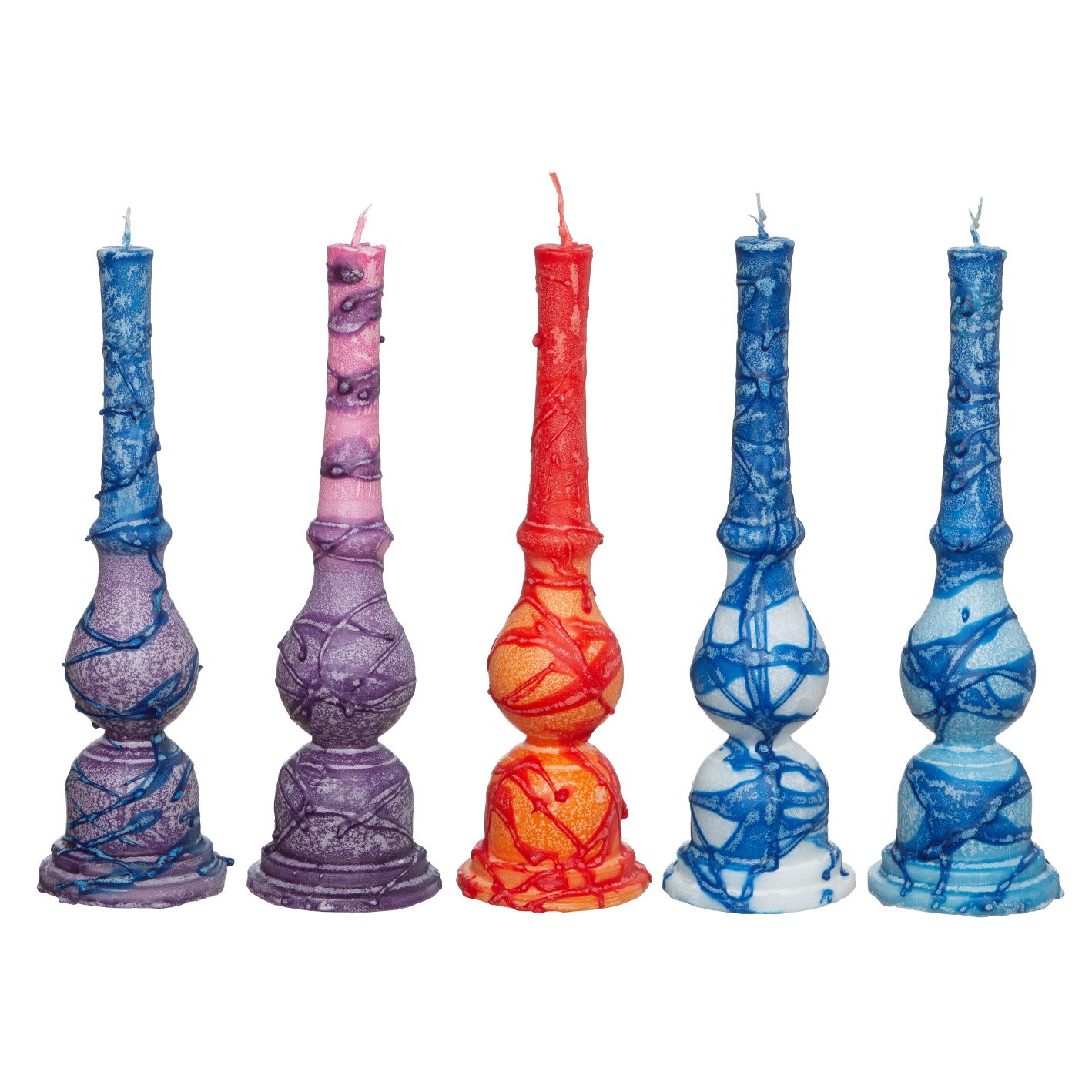
Love and Halachah
After the tragic and unthinkable loss of "Baba Elazar" - Rabbi Elazar AbuChatzeira of saintly and cherished memory - we need to do some hard thinking about what we need to correct…

The holy “Ohr HaChaim” – Rabbi Chaim ben Attar – writes that if you see a tzaddik die an unnatural death, then know full well that it is on account of the wrongdoings of the masses.
We here in Israel are still not over the shock of losing one of this generation’s most prodigious tzaddikim – “Baba Elazar” – Rabbi Elazar Abuchatzera of saintly and cherished memory, who was brutally murdered right before Shabbat (27-Tamuz). We all need to do some hard thinking about what we need to correct…
Why all of this during the infamous Three Weeks? And what about the other recent losses of this generation’s foremost tzaddikim like Rav Lefkowitz and the Spinka Rebbe? And what about the wonderful three Chabad girls who were killed in a gas explosion recently in Netanya when they were giving out Shabbat candles? What’s going on?
The cause of the destruction of our Holy Temple was intramural hatred. It’s still here. Because we haven’t learned to love one another, we’re now losing our most special people, from little Leiby Kletzky in New York to the Fogel family and Baba Elazar here in Israel. Have you noticed that everyone’s been hit? Tragedy has struck all camps – national religious, Chassidim, Lithuanians, Sephardim, within Israel and outside of Israel.
In recent weeks, I’ve been writing and speaking non-stop about Ahavat Yisrael – it’s about time we learn how to love, according to Halacha.
The Torah commands us to love one another, saying, “You shall love your neighbor as yourself” (Leviticus 19: 18). This is an important one of the 248 positive commandments.
Contrastingly, the Torah also commands us, “You shall not hate your brother in your heart” (ibid, 17). This is a critical one of the 365 negative commandments of the Torah.
We don’t have to learn how to hate – it comes natural. The Sefer HaChinuch explains that human beings, because of their innate egotism, naturally tend to hate one another. People prefer themselves and cast others away, unless they have some vested interests or something to gain, which brings us right back to egotism. By the same token, Rebbe Nachman of Breslev teaches that making peace with someone else is unnatural. Especially in the event of a husband and wife or two warring nations, making peace requires bridging a gap  between two opposites.
between two opposites.
Consequently, fulfilling the positive commandment of loving and another and the negative commandment not to harbor hate in our hearts requires a concerted effort. To paraphrase an old Ringo Starr song, “It don’t come easy”.
We must realize that the two above commandments are no less important than the prohibition of eating pork. Yet, many people transgress these commandments right and left every minute of the day. No wonder the two-thousand year-long exile and Diaspora haven’t ended yet!
Our sages teach us that charity begins it home. We don’t help the poor of another city before we help the poor of our own city. The same goes for love. A person shouldn’t love outsiders until he first loves his wife; I’m not talking about Hollywood-style love, but Torah love.
Rebbe Natan in Likutei Halachot teaches us that true love is first looking at the good points of another person. One of the Torah’s testimonies of Hashem’s magnificent love for His people is, “He looks not at the faults of Jacob” (Numbers 23:21). Yet, the Zohar explains that when we look at other peoples faults, G-d forbid, we start a process of severe judgment where measure-for-measure, the Heavenly Court begins to look at our faults. That’s not only bad news but counter-productive and destructive. Therefore, the first parameter of love according to the Torah is to not look at the faults of our neighbors, which typically means our spouse. Charity begins at home. And, when we don’t look at other people’s faults, the Heavenly Court doesn’t look at our faults. As a result, there are no severe judgments. Where there are no severe judgments, life is a pleasure.
So, by loving other people – especially our own loved ones who are first in line – we spare ourselves untold problems and tribulations in life. Criticism should therefore be considered totally non-kosher in any home. True lovers don’t criticize one another.
Let’s never forget that by criticizing our spouses and children, we are failing to observe the commandment of loving them as we love ourselves. Stop and think about how distasteful the criticism would be if you were on the receiving end.
If we foul up in our observance of loving our neighbor as ourselves because of criticism (that’s not given with the purest intent of a true and totally selfless desire to help the other person), then you can be sure that we easily fall into the trap of violating the negative commandment that prohibits harboring hate in our hearts. Let’s see how:
We Jews are infamous in self-splintering. This is something we need to rectify. Unity and brotherly love must replace the splintering and intramural hate for us to end the double millennium-long exile and Diaspora. We have the right to pick the manner in which we desire to serve Hashem and we also have the right to avoid the pitfalls of what we consider erroneous ideologies. But we don’t have the right to harbor sinat chinam – baseless hate – in our hearts. This form of hate is a deadly epidemic in our midst. Sephardim and Ashkenazim are busy hating each other, as are the secular and the religious, the Zionists and the non-Zionists, Frummies and Baalei Teshuva, the Lithuanians and the Chassidim, and even the different Chassidic sects among themselves. Not only is this craziness, but national suicide! Must we wait for Hashem to resort to the extreme wake-up calls of another war or another Baba Elazar, Leiby Kletzky or Fogel-family type tragedy to bring us together? Enough!
The most important thing we can do in our spiritual self-improvement especially during the Three Weeks is to learn the details of properly performing the two so-important above-mentioned commandments so that we can truly see the consolation of Zion and the rebuilding of our Holy Temple in Jerusalem, speedy and in our days, amen!











9/12/2012
finishing last talkback i tell my 13 yr old son not to expect for another jew reciprocate the same love your learning from the torah how insane is that! my family went to boro park and my 1 yr old daughter went laughing to another little girl and moved awy from my sara like she was a disease and the worst of all the aba grabbed her hand and walked off .what is going on where is the love?
9/12/2012
i tell my 13 yr old son not to expect for another jew reciprocate the same love your learning from the torah how insane is that! my family went to boro park and my 1 yr old daughter went laughing to another little girl and moved awy from my sara like she was a disease and the worst of all the aba grabbed her hand and walked off .what is going on where is the love?
9/12/2012
i feel the loveless jewish world all the time im a light skin black green eyed male and i get the looks and giggles from chassidim to orthodox jews and as i read the torah i wonder wear are these loving jews,reading about the holy rebbe nachman where he says to be happy and hashem is alive not just existing my day is 1000% better.i want to know where the rabbi brodys and rav arush 's where are you?